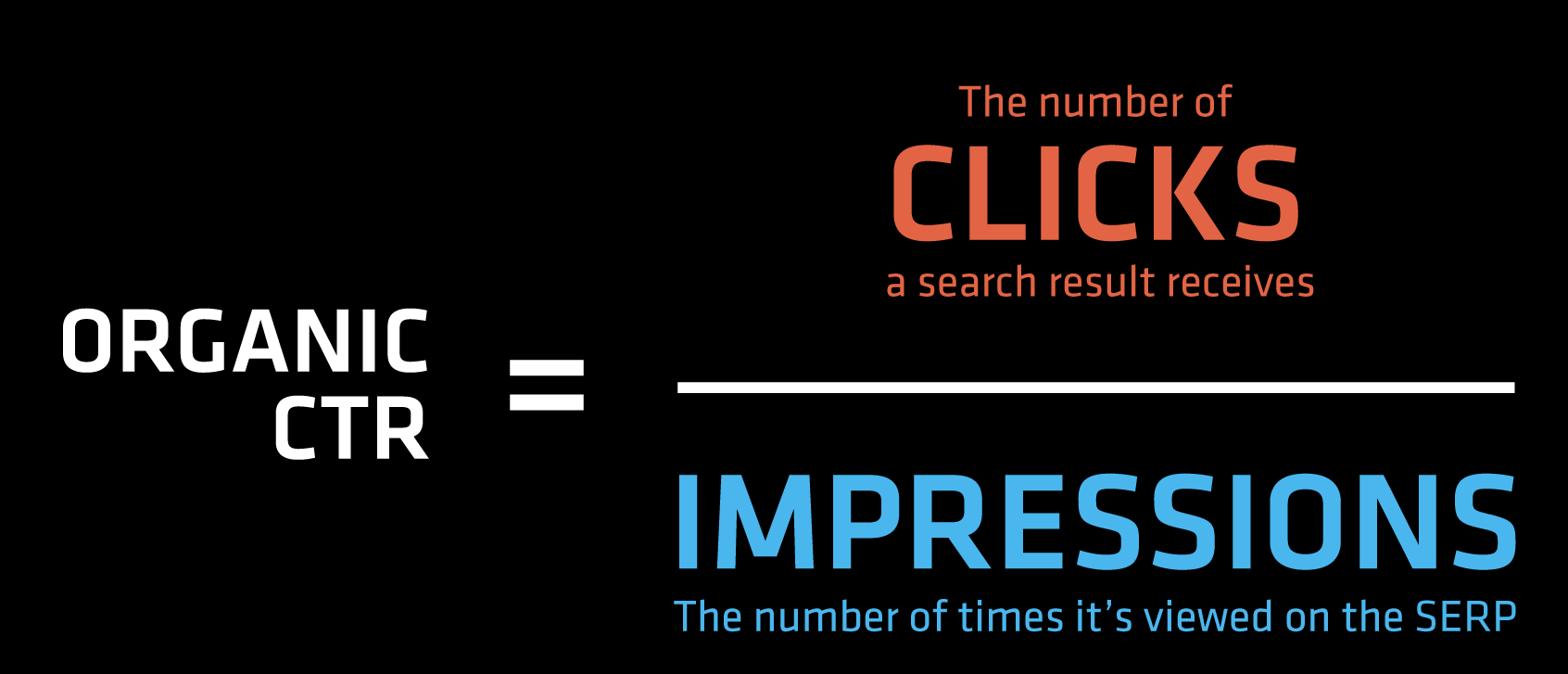In the ever-evolving world of ecommerce, platforms like Demandware, now known as Salesforce Commerce Cloud, have become the go-to solutions for many businesses. However, even the most robust ecommerce platforms require a strong SEO strategy to drive organic traffic and sales. This article aims to provide a comprehensive guide to SEO for Demandware, outlining the best practices and common pitfalls to avoid.
What is SEO for Demandware?
Demandware SEO, also known as Salesforce Commerce Cloud SEO, is the practice of optimizing your online store built on the Demandware platform for search engines. Unlike general SEO, Demandware SEO focuses on the unique features and challenges presented by this specific ecommerce platform. The goal is to improve your store’s visibility on search engine results pages (SERPs), thereby driving more organic traffic and potential customers to your site.
Is Demandware SEO-Friendly?
Demandware offers a range of features that make it a strong choice for large ecommerce companies. It supports hyper-personalization, omnichannel strategies, and complex data management. However, when it comes to SEO, opinions are divided. Some experts believe that Demandware is mostly SEO-friendly, offering a platform that is easier to optimize than many others. Others argue that the platform’s customized development framework can lead to SEO issues if not handled correctly. The consensus is that Demandware has the potential to be SEO-friendly, provided your development team prioritizes SEO in their work.
Common SEO Issues in Demandware and How to Solve Them
Product Category Page Duplication
Problem: When users click “show all” on a category page, Demandware adds a ?viewall=true parameter to the URL, creating duplicate content.
Solution: Use canonical tags to point to the root category page, eliminating duplicate content issues.
Product Page Duplication
Problem: Depending on the product’s position on the category page, Demandware may add start=2 or start=3 to the URL, creating more duplicate content.
Solution: Use canonical URLs to point to the root product pages.
Alt Tag Roadblocks
Problem: Demandware doesn’t offer an efficient way to edit alt tags for images, making it a resource-intensive task.
Solution: Automate the process using custom scripts or third-party tools.
Duplication from /demandware-{} Directories
Problem: Directories like /demandware.store/ and /demandware.static/ can result in duplicate content.
Solution: Use Disallow and NoIndex directives in your robots.txt file.
No Server Log Access
Problem: Demandware is self-hosted, meaning you can’t access server logs for SEO analysis.
Solution: Use third-party SEO tools to analyze crawl budget and other metrics.
Faceted Navigation Duplicate Content
Problem: Sorting products by attributes like size or color creates URLs with parameters like prefv1 or prefn1, leading to duplicate content.
Solution: Block these parameters from being crawled using robots.txt or Google Search Console.
Bad Default URL Linking
Problem: Default URLs in Demandware often don’t point to the absolute URL of internal links, depleting link equity.
Solution: Manually set absolute URLs for internal linking.
Default Redirects Instead of 404
Problem: Demandware defaults to 301 or 302 redirects for missing pages instead of showing a 404 error page.
Solution: Customize your Demandware settings to show a 404 error page for missing content.
Long and Complicated Homepage URLs
Problem: Demandware sometimes generates long and complicated homepage URLs.
Solution: Use 301 redirects to point these URLs to your actual homepage.
10 Demandware SEO Strategies for Your Online Store
Conduct Exhaustive Keyword Research
Use tools like Ahrefs, Moz, and Google Search Console to identify relevant keywords for your Demandware store. Place these keywords strategically in your content, meta titles, and meta descriptions.
Make Your Content Easy to Consume
Organize your content using HTML header tags (H1 through H4) to create a hierarchy of information, making it easier for visitors to find what they’re looking for.
Optimize Organic SERP CTR
Craft compelling meta titles and descriptions to improve the click-through rate (CTR) of your listings on SERPs.

Speed Up Your Page Load Time
Compress CSS files, minify JavaScript, and use caching mechanisms to improve your site’s loading speed, a crucial ranking factor.
Incorporate Social Media into Your SEO
While social links don’t count as backlinks, they do offer more opportunities for your content to be viewed and linked back to, indirectly boosting your SEO.
Use Link-Building Tactics You Can Scale
Enterprise-level strategies like identifying unlinked brand mentions and focusing on niche content can help you build a robust link profile, this includes the use of web 2.0 backlinks.
Lead Google to Your Valuable Pages
Use XML sitemaps to guide Googlebot to all your important pages, ensuring they are indexed and ranked.
Make Clear How You Want Your Site to Be Crawled
Use a robots.txt file to specify which pages should be excluded from search results and how your site should be crawled.
Use rel=canonical for Duplicate Content
Implement canonical tags to prevent Google from indexing duplicate or similar content under different URLs.
Don’t Skimp on Schema Markup
Use schema markup to enable rich snippets, making your SERP listings more attractive and informative.
Conclusion
SEO for Demandware is a nuanced subject that requires a tailored approach. By understanding the platform’s unique features and challenges, you can develop an effective SEO strategy that drives organic traffic and boosts sales. For a more personalized analysis, consider scheduling a complimentary Demandware SEO audit with an expert.
Recommended Further Reading
- Granwehr’s Comprehensive Guide – “comprehensive guide on Demandware SEO by Granwehr”
- Pearl Lemon’s Insights – “Pearl Lemon’s take on Demandware SEO”